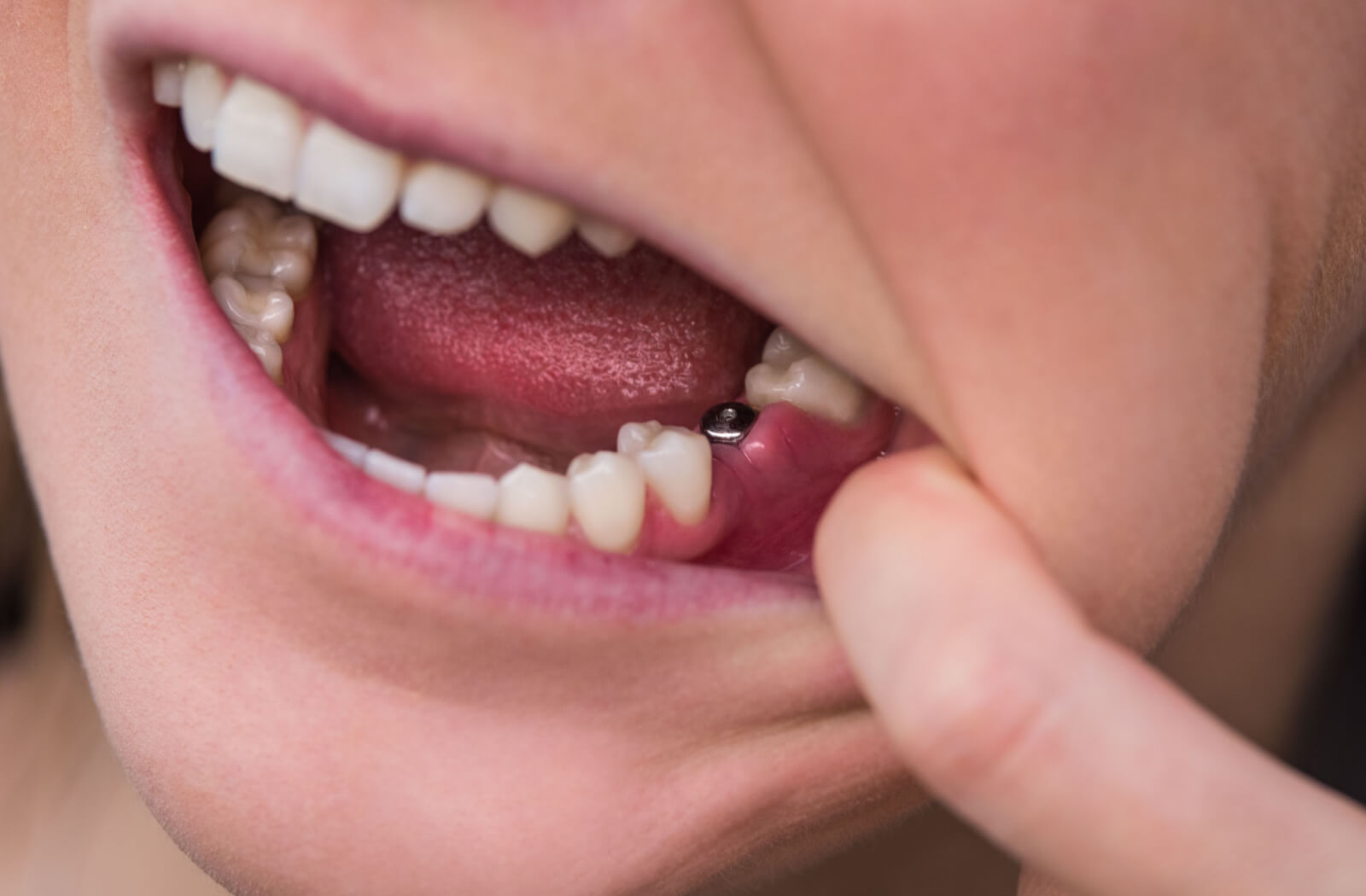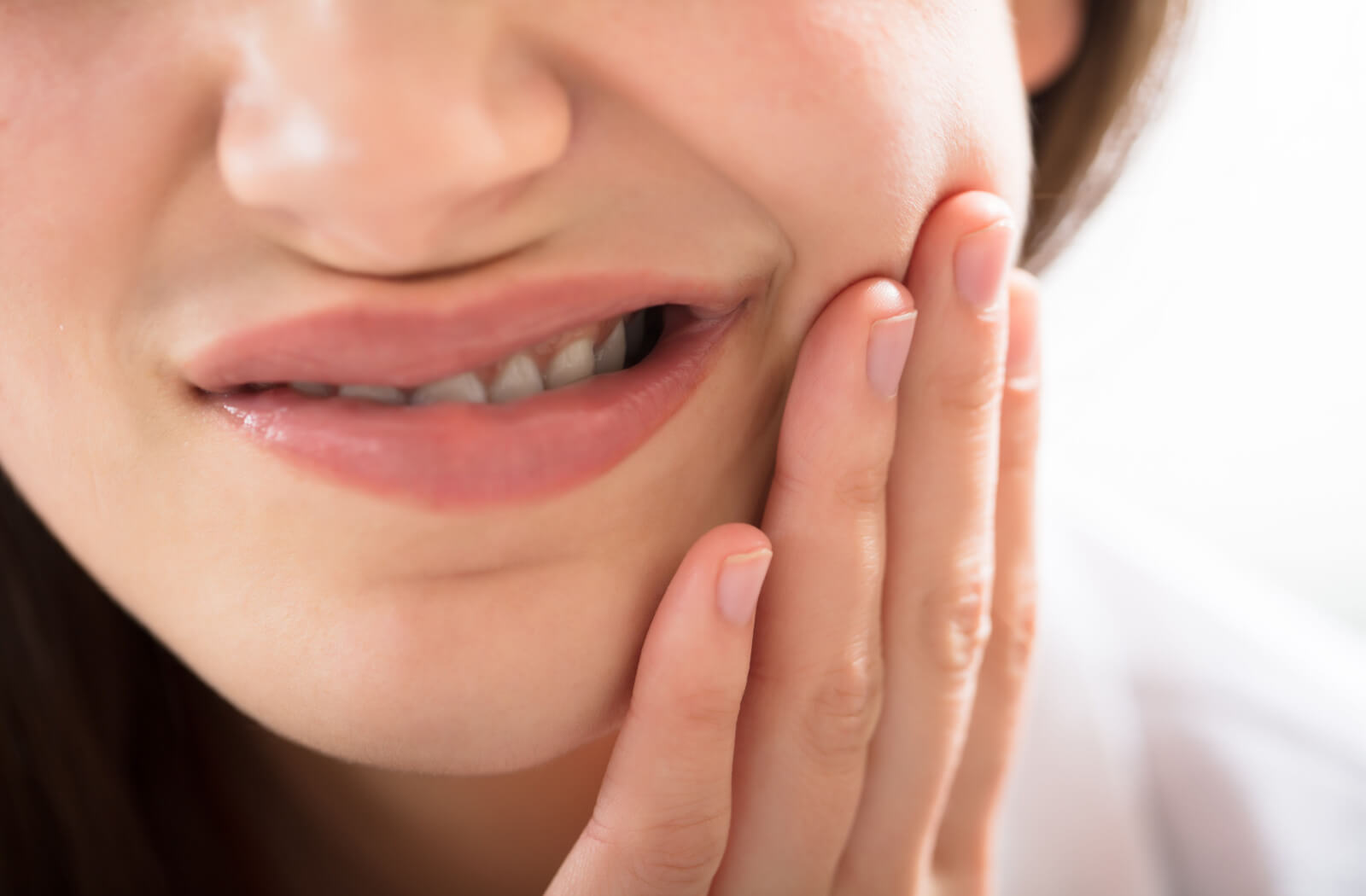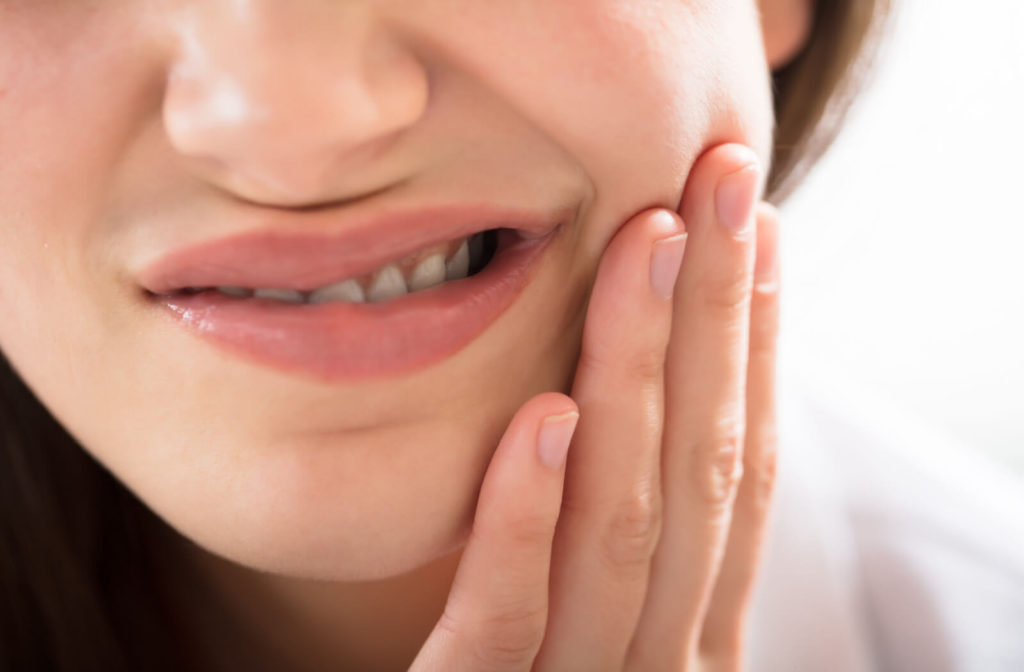Dental emergencies can be scary and stressful, especially if you’re not sure if your situation is considered an emergency. Knowing what qualifies as a dental emergency can help you take the appropriate action to address the problem and keep your family’s smiles healthy.
A dental emergency happens when you need immediate help to save a tooth, halt bleeding, or ease intense pain. It could be anything from an injury, a sudden infection, or trauma from decay. You can take steps to help prevent dental emergencies, and the first one is getting regular checkups from your dentist.
Tooth Pain
If you are experiencing severe tooth pain that does not go away with over-the-counter pain relievers, you may have a dental emergency. Some people may call these toothaches, but the sensation can feel like far more than an “ache” at times. Tooth pain can have many causes, including cavities, gum disease, or infection.
While you wait to see your dentist, you can try to soothe the pain with over-the-counter painkillers. Also, try rinsing your mouth with warm salt water. You can put a cold compress on your cheek around where the pain is but don’t use anything hot, as it could make the damage worse.
Broken Tooth
A broken or chipped tooth is a dental emergency that requires immediate attention. Call your dentist immediately and let them know what happened. If the tooth is bleeding, you can apply pressure with a piece of gauze to stop the bleeding. Rinse your mouth with warm water and apply a cold compress to help reduce swelling.
If you have the broken piece of tooth, bring it with you to your dentist, as it may be able to be reattached. Otherwise, we can use fillings to fix a chip. Some deeper breaks might require a root canal or a crown.
Knocked-Out Tooth
If your tooth has been completely knocked out, it’s important to act fast. The good news is an adult tooth could be put back, and even for baby teeth, you should still try to retrieve the tooth.
Rinse the tooth gently with water, being careful not to touch the root. Try to place the tooth back in its socket if possible, but if you cannot, put it in a container of cold milk and bring it with you to the dentist immediately. Time is of the essence for a knocked-out tooth, and the sooner you seek treatment, the more likely it is that your tooth can be saved.
Abscessed Tooth
An abscessed tooth is an infection at the root of a tooth or between the gum and tooth. Symptoms may include severe toothache, fever, swollen neck glands, and difficulty swallowing.
This infection can spread and cause serious health problems, so it’s important to get it treated immediately. Rinse your mouth with warm salt water, and apply a cold compress to your face to reduce swelling while you wait to see the dentist.

Badly Bitten Lip or Tongue
Most people occasionally bite their lips, tongue, or cheek. Sometimes, it happens while you’re chewing or because something strikes your jaw, but we know it hurts. However, it’s possible to bite yourself hard enough to cause significant bleeding.
Using a clean cloth, apply pressure to the wound. If the bleeding doesn’t stop, head to your nearest emergency room.
An Object Stuck in Your Teeth
Few things are as annoying as getting a popcorn kernel stuck between your teeth. But, whether it’s a reminder of last night’s movie or a seed from a bagel, food lingering in your gums can lead to serious problems.
Food can open the door for bacteria to enter your gums, potentially leading to a gum abscess. Use floss to remove any food between your teeth. If you can’t get it out, don’t use a sharp object or toothpick, as it could cause further damage. Instead, call your dentist.
Lost or Broken Dental Restoration
If you lose or break a filling, crown, or other dental restoration, it’s important to see your dentist as soon as possible. Without proper restoration, the affected tooth can become further damaged or infected.
As you would with many dental emergencies, rinse your mouth with warm water and apply a cold compress to your face to reduce swelling. If you can find the lost restoration, bring it with you to your dentist.
How to Avoid Dental Emergencies
Sometimes, dental emergencies happen despite your best efforts. Thankfully, there are some habits and steps that can reduce your and your family’s risk, including:
- Good oral hygiene: Brush your teeth twice daily and floss once a day to help prevent cavities and gum disease. Strong teeth are less susceptible to trauma.
- Wear a mouthguard during activities: A mouthguard may protect teeth from injury while playing sports. Since grinding teeth at night can also damage teeth, a nighttime mouthguard can be useful for people with bruxism.
- Don’t chew on hard objects: Chewing on ice, hard candy, or pens can be a habit for many people, but it can damage your teeth.
- Visit your dentist: Regular checkups can help identify dental issues before they become dental emergencies.
We’re Here When Things Go Wrong
Knowing what qualifies as a dental emergency can help you take the necessary steps to address the problem in a timely manner. If you are experiencing severe pain, bleeding, or other symptoms, it’s important you contact us at Heritage Pointe Dental as soon as you can.
We can recommend the appropriate treatment to address your dental emergency and help you maintain good oral health for years to come. If the situation is serious, head to your nearest emergency room immediately.



